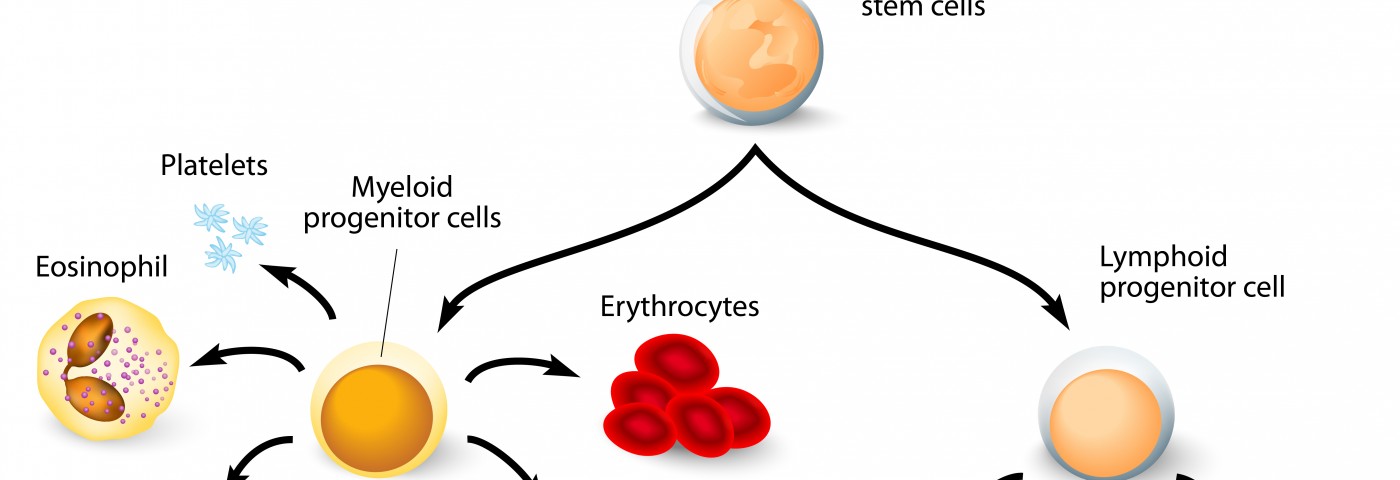Novel findings by UCLA researchers may help immunologists better understand immune cell generation and uncover mechanisms responsible for immune system-related diseases, such as lymphomas. In the study entitled “Long non-coding RNA profiling of human lymphoid progenitor cells reveals transcriptional divergence of B cell and T cell lineages,” published in the journal Nature Immunology, researchers report finding more than 3,000 previously unknown genes in a rare population of stem cells and progenitor cells (accounting for less than 1 percent of bone marrow and thymus cells) that regulate the generation and fate of the immune system.
The genes were in lymphoid progenitor cells and encode for specialized RNA molecules called long non-coding RNAs. These molecules were shown to be both stage and lineage specific underlying the commitment for immune B or T cells. Researchers extracted the genetic information contained in these cells and analyzed it by RNA sequencing.
RELATED: Why We Need Clinical Trials For Lymphoma
“The genes we found are called long non-coding RNAs, or LncRNAs. They make up much of what we used to think of as the ‘dark matter’ of our genome because, unlike the better-known messenger RNA genes, they do not produce proteins. The function of LncRNAs is not well-known but it is becoming increasingly apparent that they are not inert; they have a critical role in controlling how other genes function,” said Gay Crooks, co-director of the UCLA Broad Stem Cell Research Center, member of the UCLA Jonsson Comprehensive Cancer Center , and study co-lead in a press release.
These findings may carry crucial clinical significance for diseases affecting the immune system, including leukemia and lymphomas. As Crooks noted, “If we can understand how the immune system is generated and maintained during life, we can find ways to improve production of immune cells for potential therapies after chemotherapy, radiation and bone marrow transplant, or for patients with HIV and inherited immune deficiencies.
“In addition, by understanding the genes that control this process, we can better understand how they are changed in cancers like leukemia and lymphoma.”


